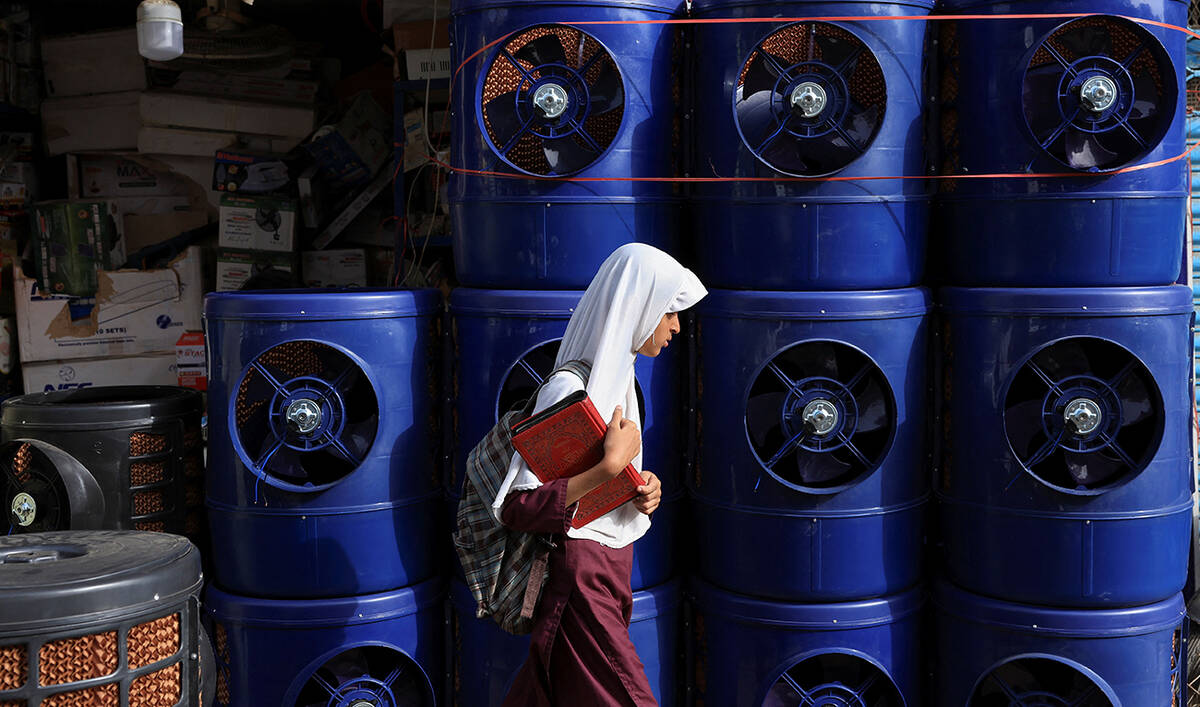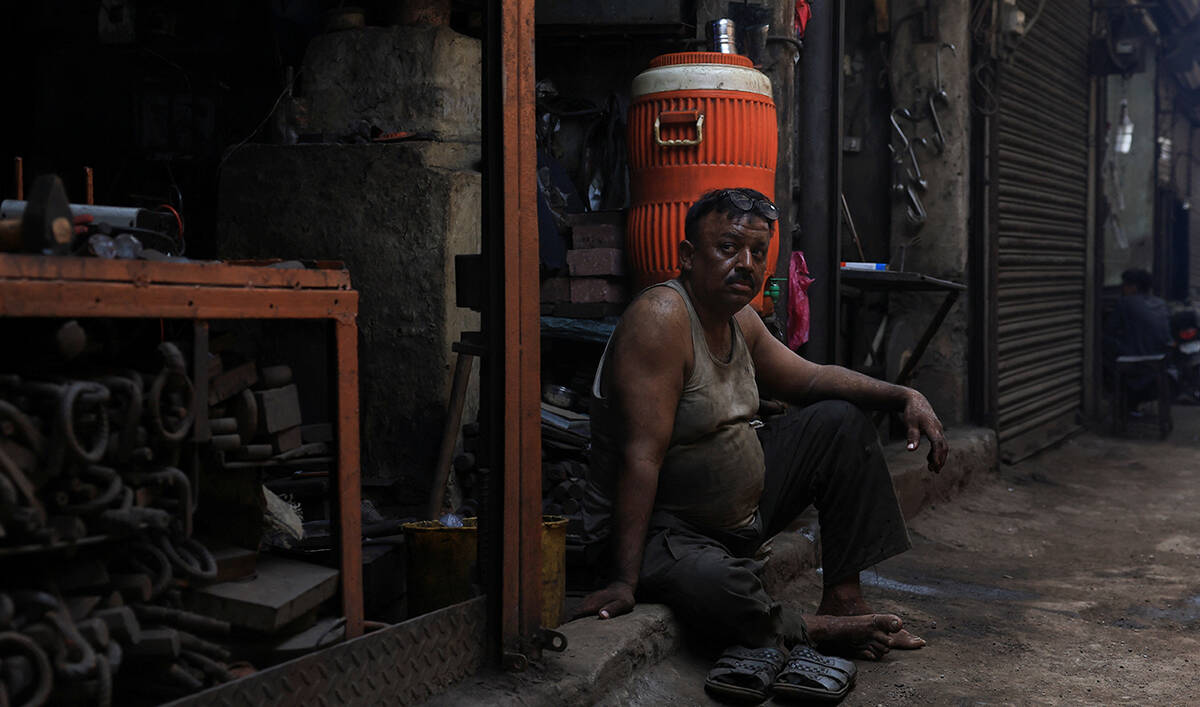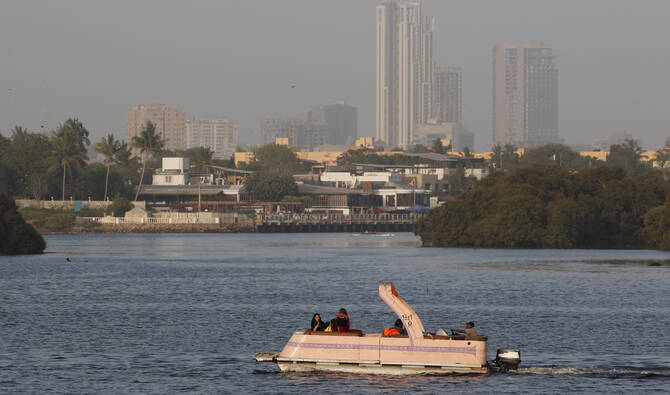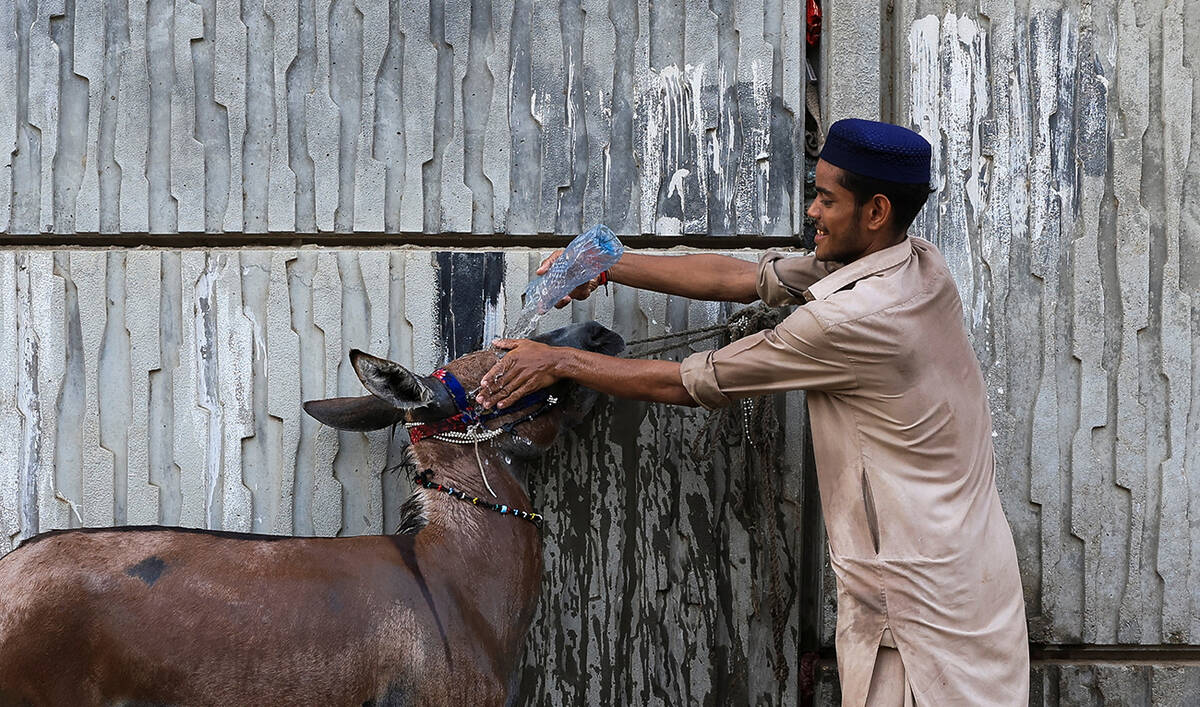PESHAWAR: At the Khazana Refugees Camp on the outskirts of Peshawar city in Pakistan’s northwest, hundreds of Afghans who fled violence in their country decades ago walk a thin line between hope and despair over the uncertainty posed by a new Taliban regime.
Decades of war have driven Afghans out of their country — over 1.4 million to Pakistan to the east and nearly a million to Iran to the west, according to UN refugee agency data from the beginning of this year. The number of undocumented Afghans in both countries is estimated to be much higher.
As the Taliban started advancing in Afghanistan this month and took over Kabul on August 15, thousands more Afghans left while many are still desperately trying to get on planes leaving Kabul, fearing a return to the austere interpretation of sharia imposed during the previous Taliban rule that ended 20 years ago.
Afghan refugees in Pakistan are carefully watching the events unfold, with some expressing the beginnings of hope for a return to their homeland and others less optimistic Afghanistan will ever return to “normalcy.”
“Power was transferred peacefully with negotiation in Afghanistan,” Abdul Qayyum said at the Khazana camp, where a total of 687 refugee families live, according to Pakistani officials.
“If God wills it, the situation in Afghanistan will get better. When the situation improves, all of us Afghan refugees will return home.”
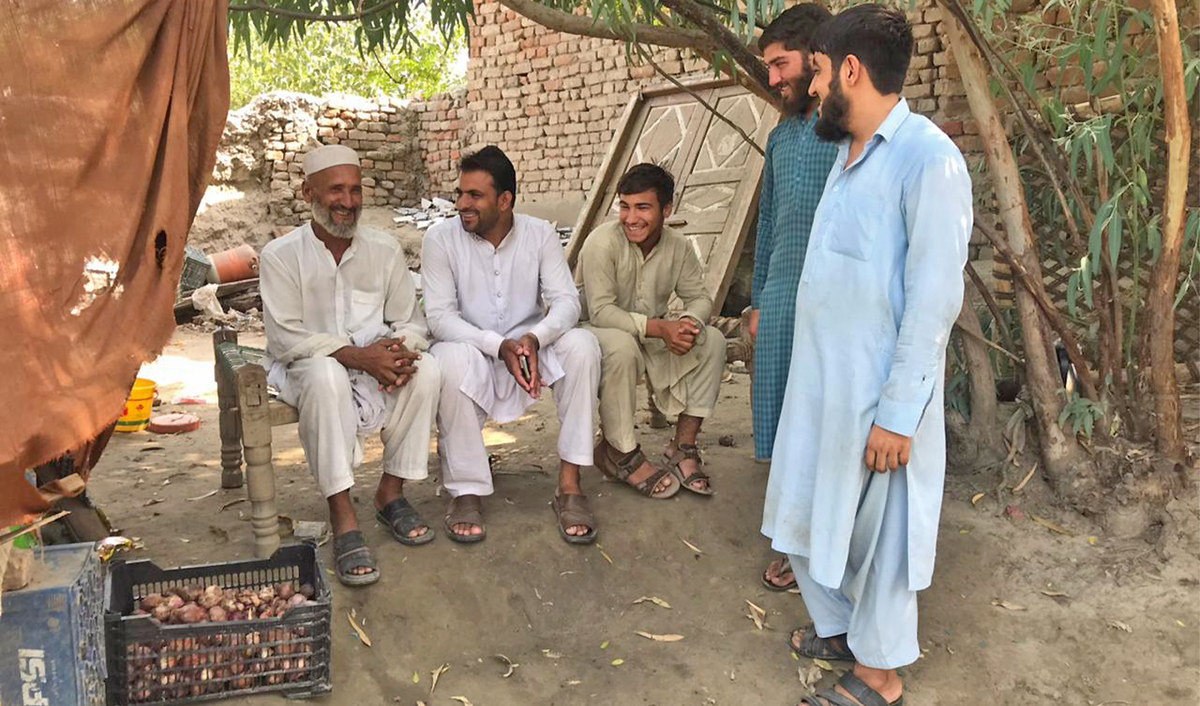
Afghan refugees seen at the Khazana Refugee Camp on the outskirts of Peshawar, Pakistan, on August 19, 2021. (AN Photo)
Hayat Ullah, an Afghan doctor at the refugee camp, added: “The situation in Afghanistan is moving in the right direction and there is peace because of the agreement. This is good, now the government has been transferred without any fighting.”
Others are not so hopeful about the prospects of lasting peace.
“We’ll not immediately go back because no one knows what happens tomorrow in Afghanistan,” Asadullah Afghan, a refugee living at the Khazana camp, told Arab News over the weekend.
While the Taliban have been holding talks with different Afghan leaders with what the group says is the aim of forming an inclusive Islamic government in Afghanistan, the 65-year-old refugee said he still remembers their “excruciating rule” only two decades ago.
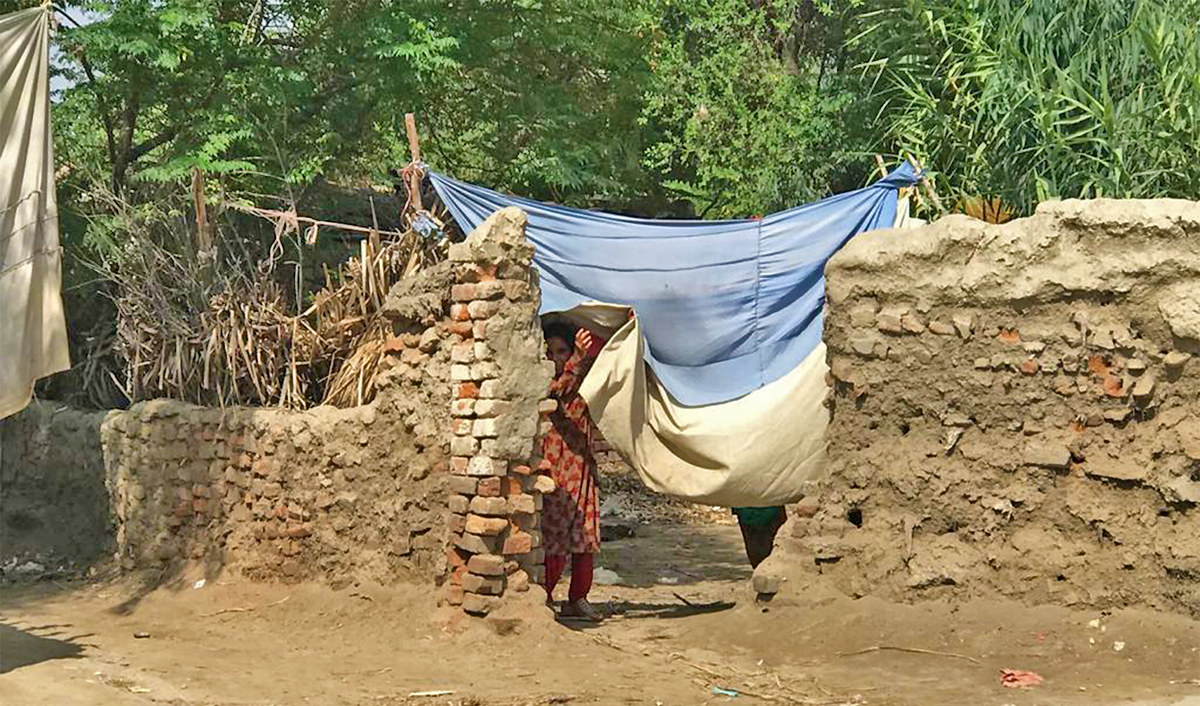
An Afghan refugee girl looks into the camera from her makeshift home at the Khazana Refugee Camp on the outskirts of Peshawar, Pakistan, on August 19, 2021. (AN Photo)
In 1996, the Taliban declared an Islamic Emirate in Afghanistan and imposed a harsh interpretation of Islamic law, which they enforced with brutal public punishments and executions. They also strictly curtailed the role of women, keeping them out of schools and public life.
While the Taliban last week declared a general amnesty across the country and said they wanted women to join their government, they also said all Afghans must live within their “frameworks,” without specifying what that would be.
“After getting global exposure, I hope the Taliban have now learned to go with the world and allow Afghans irrespective of their gender to get contemporary education,” Afghan said. “Our new generation wants freedom, freedom of expression and access to education and technology.”
Sayed Alauddin, another refugee who is studying optometry at the Pakistan Institute of Community Ophthalmology Peshawar, said some from his community would not want to go back now.
“We know that if they [Taliban] manage to rule the country the way they did during their previous tenure, there will be no democracy.”
But for some, it is not just the Taliban but continuing volatility in Afghanistan that dims their desire to return.
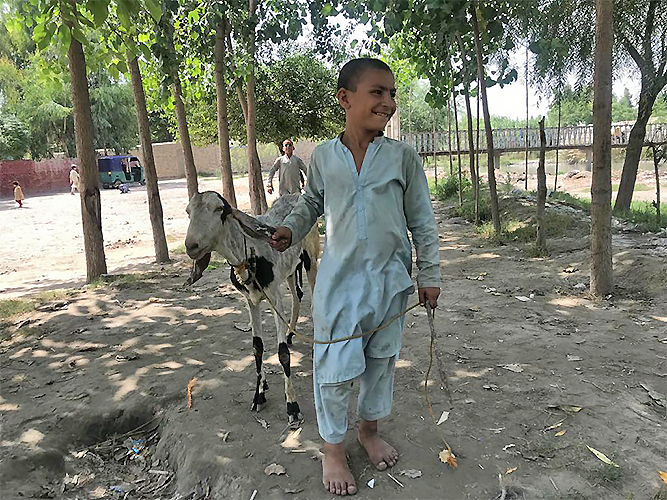
An Afghan refugee boy takes a goat out into the field at the Khazana Refugee Camp on the outskirts of Peshawar, Pakistan, on August 19, 2021. (AN Photo)
“We don’t care whether the Taliban are ruling or Ashraf Ghani,” Khayal Muhammad, 54, a daily wage earner from Afghanistan’s eastern Nangarhar province, told Arab News.
Muhammad has lived at the Khazana camp for most of his life since his family left Afghanistan after the Soviet invasion in 1979.
“Because of the frequent rise and fall of governments, refugees are now politically mature and will not go back until the situation returns to normalcy,” he said. “We want peace so that our children should not be orphaned and our women widowed.”






